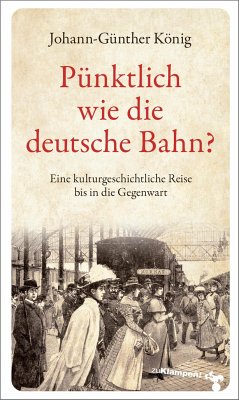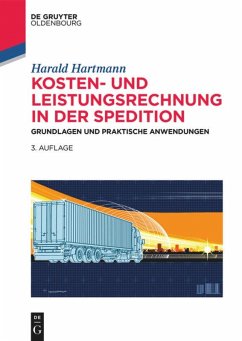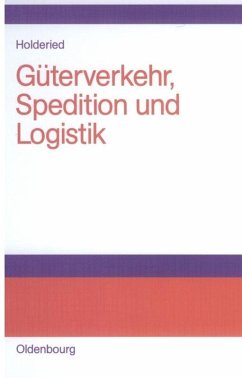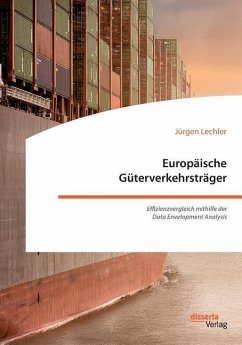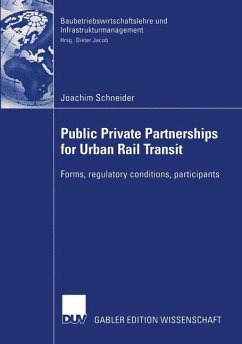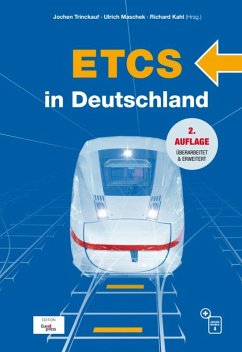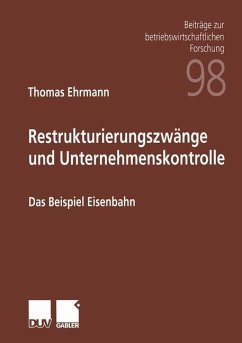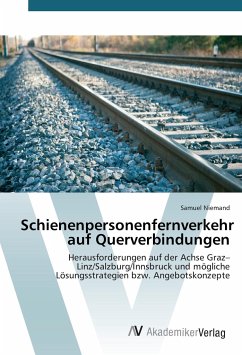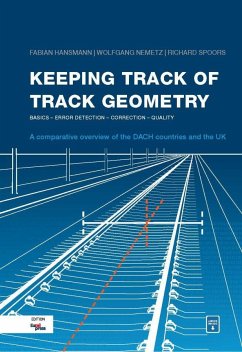Nicht lieferbar
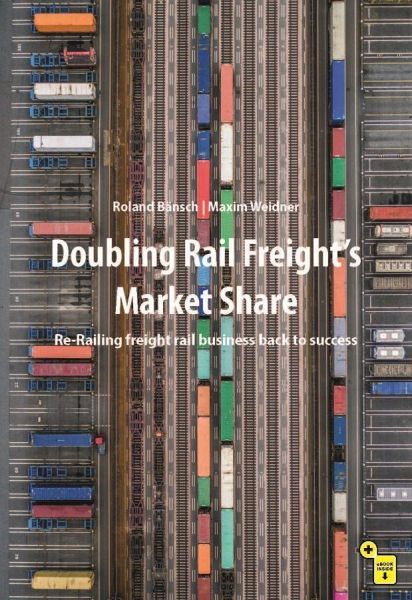
Doubling Rail Freight's Market Share
Re-Railing Freight Rail Business back to Success
Versandkostenfrei!
Nicht lieferbar
Lack of accessibility and reliability results in poor service quality of rail freight. Freight transport requirements have grown enormously over the last half century, and that seems likely to continue. Road has found the right answers to this, rail has not. And the volume moved by rail has remained largely static and is now no more than 20% of total inland movements. Why should this be so, and what should be done to exploit the full potential of rail's mass transport? The European Commission's White Paper of 2010 envisages shifting large transport volumes to rail, using not only technological...
Lack of accessibility and reliability results in poor service quality of rail freight. Freight transport requirements have grown enormously over the last half century, and that seems likely to continue. Road has found the right answers to this, rail has not. And the volume moved by rail has remained largely static and is now no more than 20% of total inland movements. Why should this be so, and what should be done to exploit the full potential of rail's mass transport? The European Commission's White Paper of 2010 envisages shifting large transport volumes to rail, using not only technological innovation, but also by establishing new, market-driven and highly efficient production concepts. The benchmark is modern road freight logistics, which have improved enormously. These operators always put the customer at the centre of their businesses. Road also dominates the transport segments which could offer significant growth and additional market share for rail. The authors have investigated how rail freight transport can be reviewed systematically and made fitter for the future. They analyse the different types of goods, their growth potential, and how they might fit into a future overall system of rail freight. That includes the development of new production concepts and a radical freight train concept using the CFW Extended Market Wagon. Considering the economic and financial capabilities of the rail sector, the authors propose a two-path migration approach. This consists of an evolutionary path where previous production concepts are improved using new solutions, followed by the revolutionary approach using new style wagons with highly automated components in fixed train configurations. Higher running speeds and an overall more dynamic operation would enable them to be fitted more easily into the timetable. The proposed package outlines a way towards sustainable competitiveness, the possibility of vastly expanded rail freight businesses, and an even more dynamic future. The included e-book provides users of a device with pdf-reader (PC, tablet, smartphone) the contents of the work also electronically and with search function.




